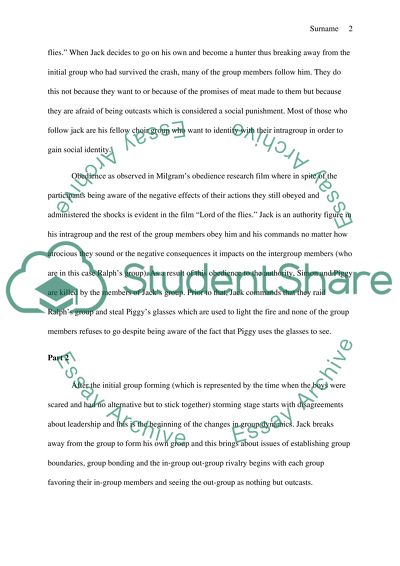Cite this document
(Analysis of Lord of the Flies by Golding William Assignment, n.d.)
Analysis of Lord of the Flies by Golding William Assignment. Retrieved from https://studentshare.org/literature/1458518-analytical-essay-on-lord-of-the-flies
Analysis of Lord of the Flies by Golding William Assignment. Retrieved from https://studentshare.org/literature/1458518-analytical-essay-on-lord-of-the-flies
(Analysis of Lord of the Flies by Golding William Assignment)
Analysis of Lord of the Flies by Golding William Assignment. https://studentshare.org/literature/1458518-analytical-essay-on-lord-of-the-flies.
Analysis of Lord of the Flies by Golding William Assignment. https://studentshare.org/literature/1458518-analytical-essay-on-lord-of-the-flies.
“Analysis of Lord of the Flies by Golding William Assignment”, n.d. https://studentshare.org/literature/1458518-analytical-essay-on-lord-of-the-flies.


